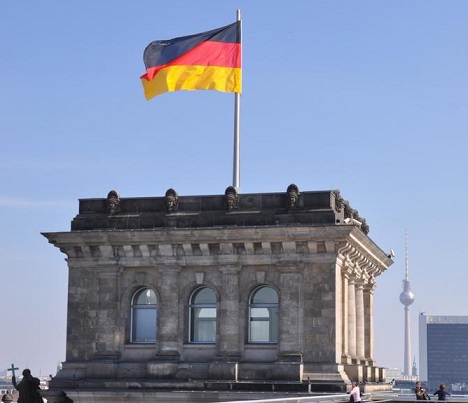The German government, after working to ban energy price hikes next year, may be set to act even more aggressively to stifle skyrocketing energy prices right away. According to a new report in the Bild newspaper, energy firms may now be banned from enacting any price hikes for the remainder of this year as well, with any price hikes already announced, forced to be revoked, under new draft legislation.
The new draft law governing any energy price hikes next year, which was announced last month, will allow some price hikes, if the energy company can justify the hike, such as by citing extreme volatility in energy markets. As a result, the German Economy Ministry has cautioned that “not every price increase is automatically illegal.”
However it is estimated that hundreds of price increases already announced will not be able to meet this stringent a criteria, and will need to be revoked once the law is passed.
The concern of the government was that energy companies would abuse the €83-billion ($87-billion) energy subsidy scheme to pay for the price cap. Now, instead, if a company wants to avail themselves of the subsidies, they will have to provide justification for any price increases they enact.
Michael Kruse, spokesman for energy policy for the neo-liberal Free Democratic Party (FDP) parliamentary group said, “We want to prevent free-rider effects that encourage utility companies to charge higher tariffs.”
Electricity prices will be capped by the government from January, at a price of 40 cents per kilowatt-hour for 80% of a household or small business’ consumption. Large and mid-sized businesses will see their rates capped at 13 cents per kilowatt-hour for 70% of their consumption.
Gas prices will also be capped as of March 1, and there is a possibility of backdating them as well.
Prior to the price-cap taking effect, hundreds of fuel suppliers announced average increases of 56% in next year’s prices according to data from the Check24 price comparison website.
Electricity prices meanwhile, are going to rise an average of 60%, according to the figures.
Energy prices have been rising to crisis levels since the war in Ukraine began, and the copious supplies of cheap Russian pipeline gas gradually withered away. As the war dragged on, sanctions prevented maintenance of pipelines, causing reductions in flow, and geopolitical conflicts resulted in the outright sabotage of the Nord Stream 1 and Nord Stream 2 pipelines, cutting off all flows completely. Further sanctions on Russian crude have threatened to cause catastrophic spikes in crude markets.
Now European nations are scrambling to secure supplies of liquid natural gas from the Mideast and the United States, as winter demand picks up.

